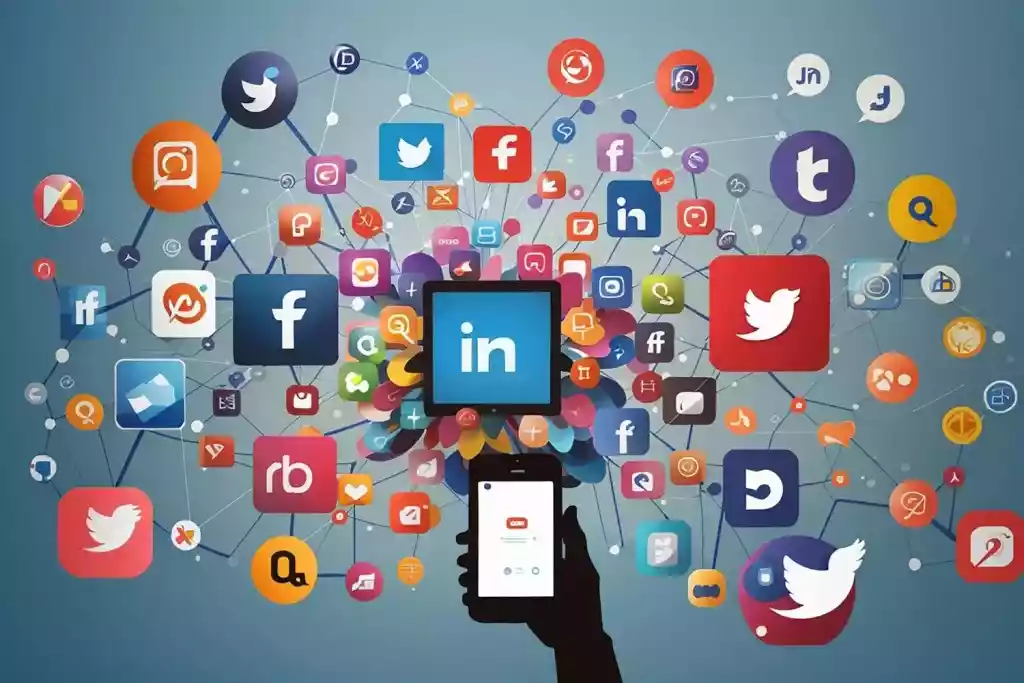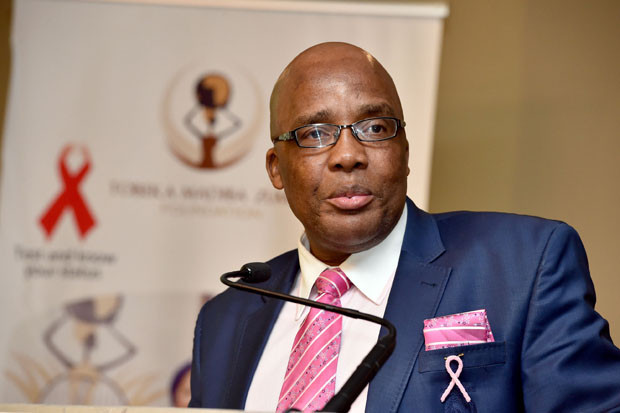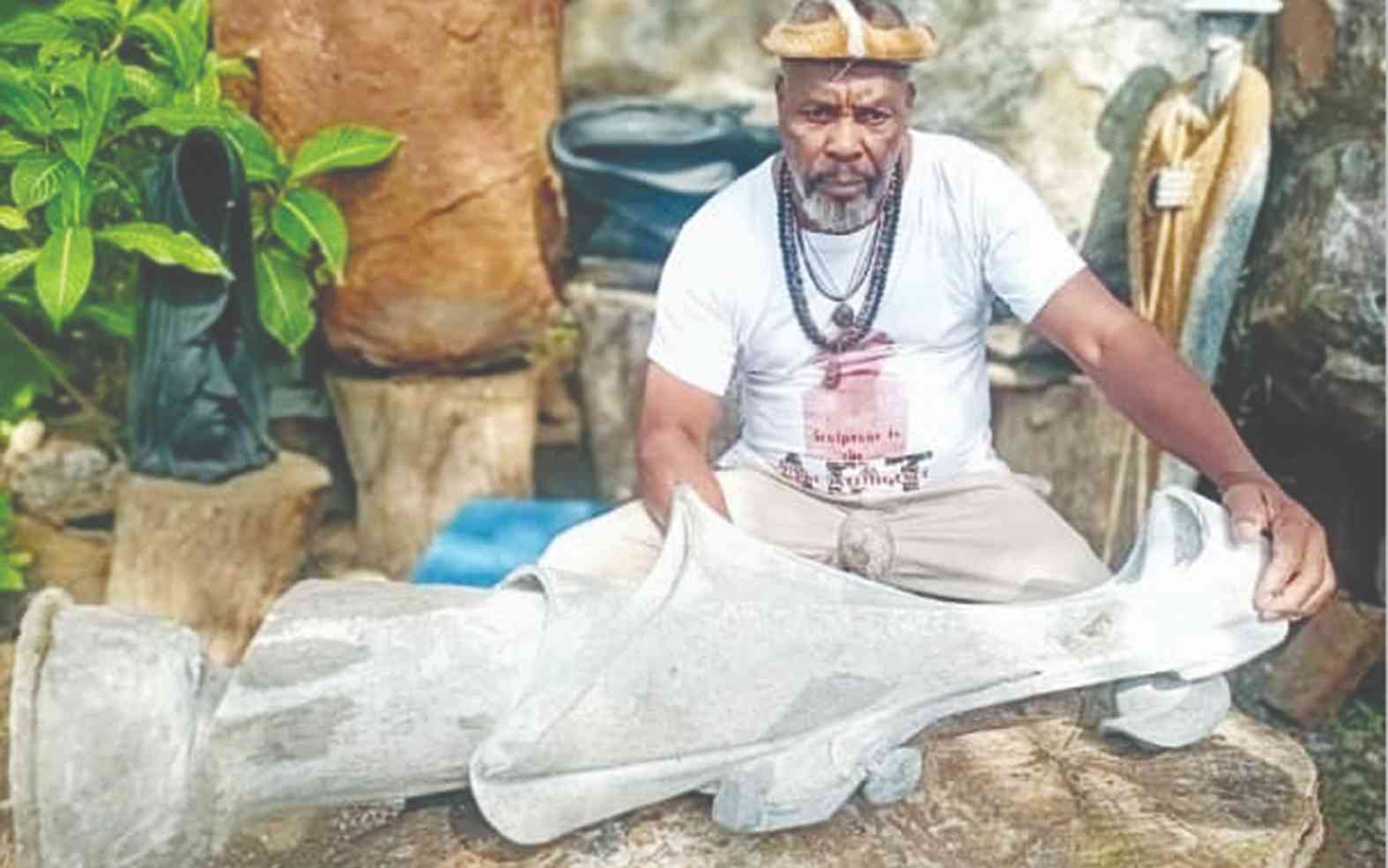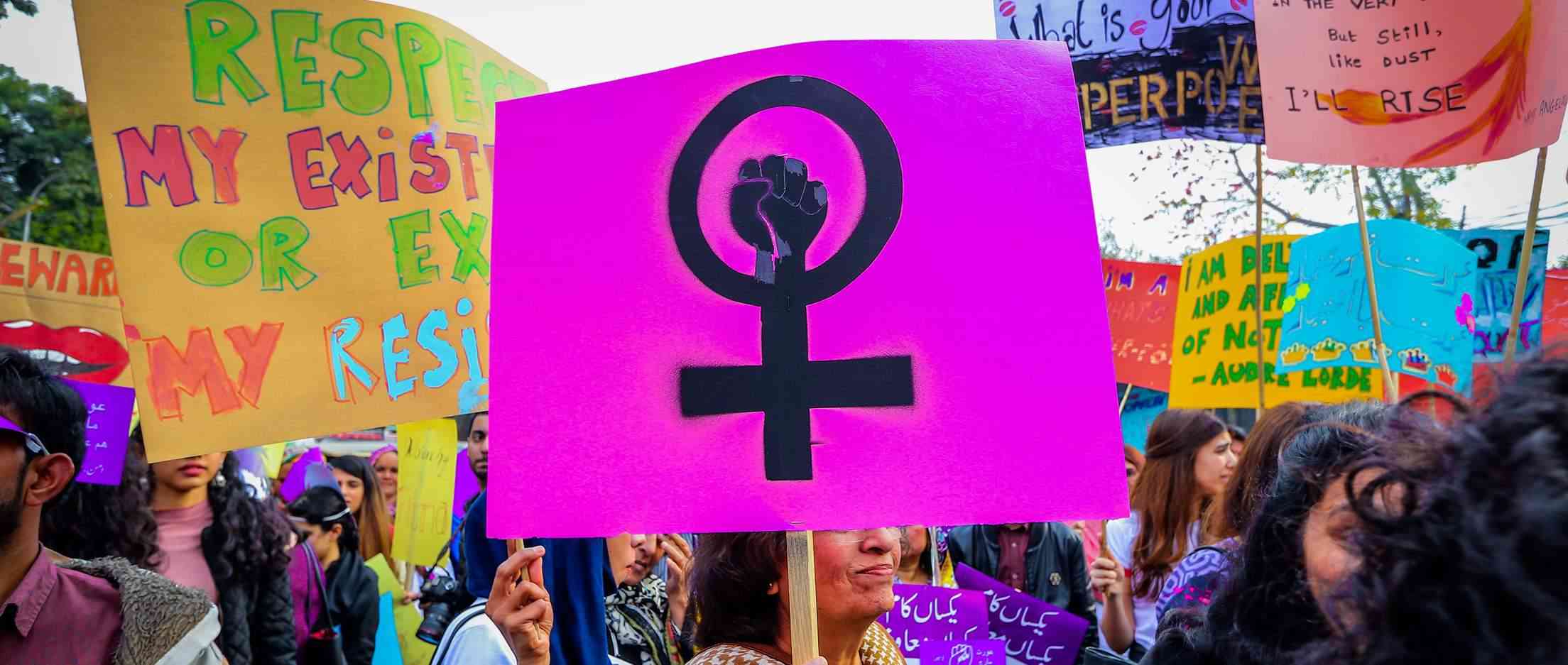
Social media has dramatically reshaped the way businesses and organisations approach public relations (PR). What once relied heavily on traditional media outlets like newspapers, television and radio has evolved into an interactive, dynamic space where brands directly engage with their audiences. This transformation is not only changing how PR professionals conduct campaigns but is also redefining the role of PR in shaping brand narratives, managing crises and building relationships.
As social media continues to grow, it is not just a tool for communication, but a powerful force in shaping the future of PR.
In the past, PR efforts were largely centred around gaining media coverage from journalists. The primary goal was to secure placements in reputable media outlets to increase brand visibility. While media relations remain important, social media has democratised the process.
Now brands no longer need to rely on gatekeepers to control their narrative; they have the power to directly engage with their audience. Through platforms like X (formerly Twitter), Instagram, LinkedIn, Facebook and TikTok, organisations can post updates, share stories and create content that resonates with their target market instantly.
As an example, multinational corporations such Coca-Cola use social media to connect with consumers on a deeper level. Nike’s #JustDoIt campaign, for instance, utilises Instagram and X to showcase inspiring stories and promote inclusivity and empowerment. Coca-Cola has used X and Instagram to engage directly with customers, including running campaigns like the “Share a Coke” initiative, where bottles were personalised with popular names, creating a sense of personalisation and community.
In this environment, PR teams must evolve from being “media gatekeepers” to being curators of a brand’s story across various digital platforms. The ability to craft targeted, engaging content that speaks directly to consumers has become a key skill for modern PR professionals.
One of the most significant ways social media is shaping the future of PR is by enabling real-time communication and crisis management.
In the past, brands had time to craft carefully worded Press statements and co-ordinate with journalists during a crisis. Today, given the speed of social media it means that PR professionals can respond quickly to emerging issues — sometimes in real-time — to control the narrative and protect the brand’s reputation.
- Radical economic structural transformation critical
- Govt orders Marondera to re-advertise TC post
- Panic grips Bulawayo
- Byo armed robber in court
Keep Reading
In the future, PR will increasingly rely on social listening tools to track customer sentiment, monitor potential issues and react swiftly. Brands that excel in this type of proactive engagement set themselves apart from competitors.
Another major change brought about by social media is the rise of influencers or brand ambassadors as a critical part of PR strategies. Influencers — individuals with large, engaged followings on platforms like Instagram, YouTube and TikTok — are now seen as trusted voices by many consumers. This shift has led PR teams to rethink traditional advertising and media relations strategies, placing more emphasis on influencer partnerships to amplify their messaging.
Brands that partner influencers can extend their reach to highly targeted audiences, often at a fraction of the cost of traditional advertising. For example, Pepsi, Coca-Cola, Nike, Adidas, Econet, Pizza Inn, among others, have built their success largely on influencer marketing. Suits World is doing that in this arena. By leveraging on influencers such as Frets Donzvo and Nijo to create authentic content around its clothing line, Suits World has turned customer testimonials into powerful PR tools, building trust and credibility.
Moreover, influencer marketing allows brands to reach younger, more digitally savvy audiences who may be immune to traditional advertising methods. For PR professionals, this means that cultivating strong relationships with influencers is increasingly becoming an essential part of any PR campaign.
As social media has evolved, so has the demand for authenticity. In a world where information is constantly flowing, consumers have become more discerning about the brands they engage with. They no longer want to hear corporate-speak or overly polished advertising — they want to connect with brands that feel real and human.
Brands that embrace authenticity in their social media communication are not only more likely to build trust with their audience but can also cultivate a community of loyal advocates. PR teams must, therefore, prioritise genuine engagement over purely transactional messaging. Social media provides an invaluable opportunity to humanise brands, making them relatable and transparent.
Looking ahead, the future of PR will increasingly be shaped by the integration of social media into broader marketing, customer service and communication strategies. PR professionals will need to become adept at managing multi-channel campaigns that leverage on the full spectrum of social media platforms, from visual storytelling on Instagram to professional updates on LinkedIn and interactive engagement on TikTok.
Moreover, as artificial intelligence and automation technologies continue to advance, PR teams will likely use these tools to enhance social media management. AI-powered tools can track sentiment, identify trends and personalise communication at a scale that helps PR professionals to make smarter decisions in real-time.
Social media has revolutionised the PR industry and its impact will continue to grow in the coming years. As digital platforms evolve, PR practitioners must adapt, focusing on authenticity, real-time engagement and strategic use of influencers and data. It will no longer just be a tool for pushing out Press releases; it will be the heartbeat of PR — an interactive, dynamic channel that shapes brand perception, builds relationships and drives reputation. For PR professionals, the future is digital and mastering social media is key to success.
Cliff Chiduku is the director of marketing, information and public relations at Manicaland State University of Applied Sciences in Mutare. He writes here in his personal capacity. He can be contacted on cchiduku@gmail.com or call/app +263775716517.











